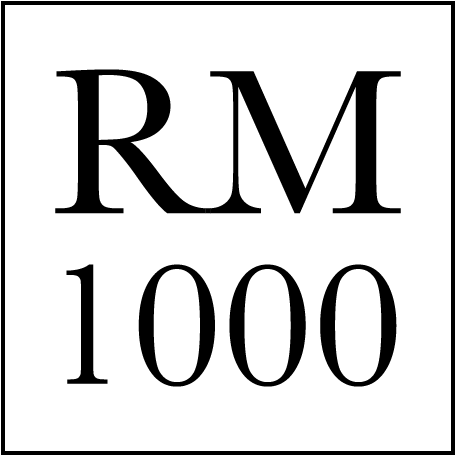Architectural Expertise Issue 04
What is architectural expertise? Is it only a matter of design? Any claim to autonomy, disciplinarity, specialization, social status, philosophical essence, or historical continuity seems to depend, at least in part, on one’s answer to that question. Pedagogical success is also at stake, since one of the primary institutional functions kinds of expertise, linked to the past but adapted to the needs of the present. Where is architectural expertise located? Is it in the tacit hand of the craftworker, the skillful eye in the clouds of BIM? If architectural expertise is a cognitive attribute, can we ethnographically, like a good STS scholar? If architectural expertise is a performance, for whom does the architect perform? What does the concept reveal about the architect’s relation to the public, the client, the user, the citizen? Is that relation participatory, service-oriented, intentionally provocative? In contrast to all of these ambiguities, what is clear is that “expertise,” as a keyword in our culture, is a post-1960s phenomenon. Previous generations referred to other concepts like métier when confronting many of the same issues. What changed, then, historically and culturally? Finally, what is the relation between the concept of architectural expertise and the organization and division of architectural labor, as it exists internationally and throughout the building industry? How should we think about the migration or transmission of architectural expertise across space and time? What does expertise reveal about architecture as a global practice?
Featuring work from John Parman, Alex Spatzier, Neal Barber & Nick Harvey Cheetham, Peggy Deamer, and more.
Print editions of Issue 4 are currently sold out, but check out our PDF for free below!
Editor: Kevin Block
Editorial and Production: Spencer Bates, Jennifer Gaugler, Thomas Murdoch, Mia Narell
Graphic Design: Neal Barber, Betsy Clifton, Soo ok Han, Sun Kwon
Advisory Board: Greg Castillo, Ramona Naddaff, and John Parman
Contents
President-Architect: On Recent Politics and Architectural Expertise
Kevin BlockCenter for the Built Environment: tools & technologies for performance
Gail Brager & Edward ArensModelling architecture in the world of expertise
Harry Collins, Rober Evans, Sergio Pineda & Martin WeinelFather, Child, & Ban - Nine Square Novel
Sean Nakamura DolanThe Art of Mud Building in Djenné, Mali
Trevor H.J. MarchandSaturated FAT: Replete Image in Architecture
Adam MillerFirst Kill All the Experts
John ParmanSpaces of Complexity On Not-Knowing, Un- Learning and ‘Panoramas of Possibilties’
Tatjana SchneiderThe Note
Alex SpatzierDebating “Democracy”: The International Union of Architects and the Cold War Politics of Expertise
Katherine Zubovich

